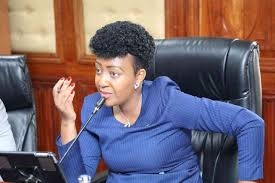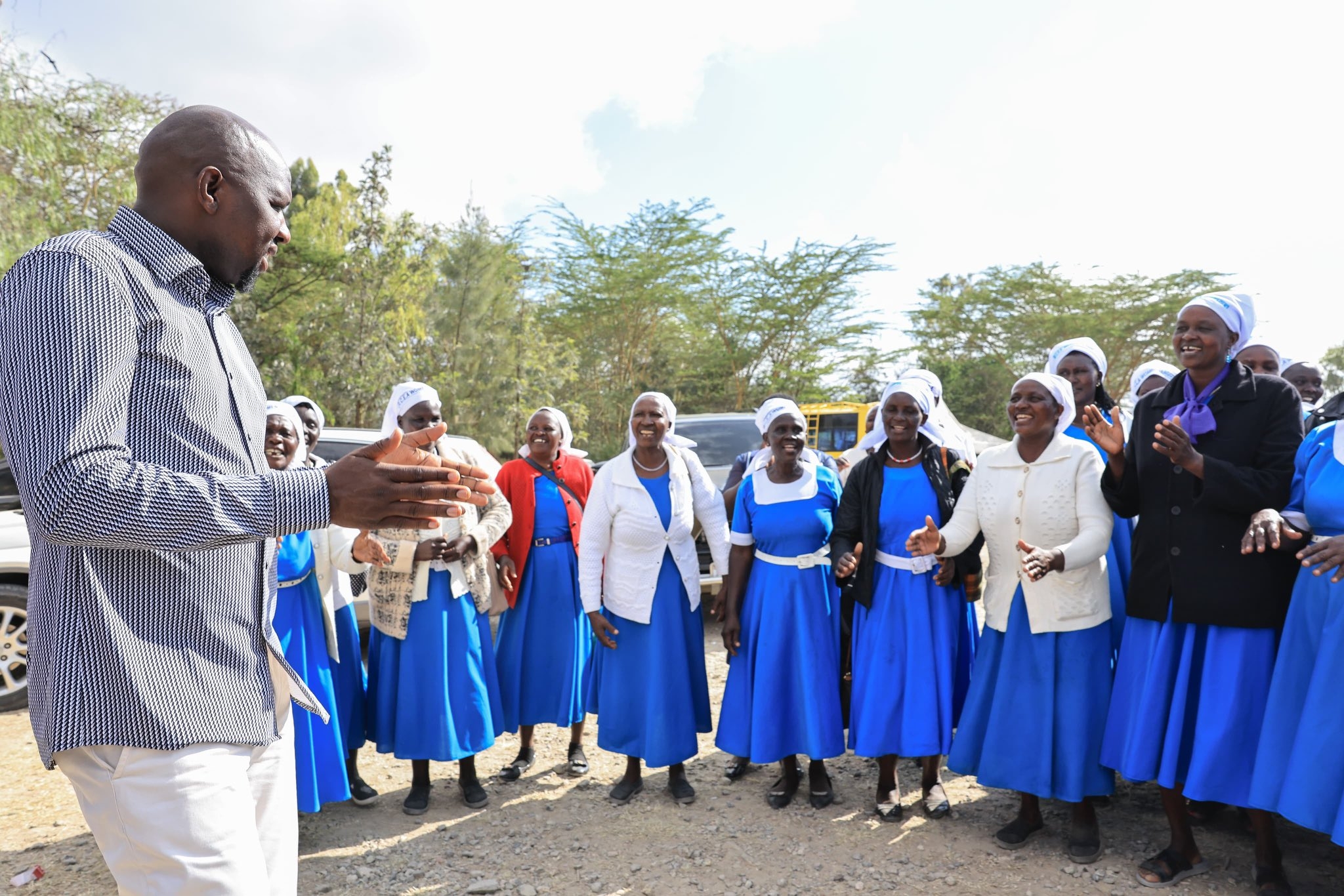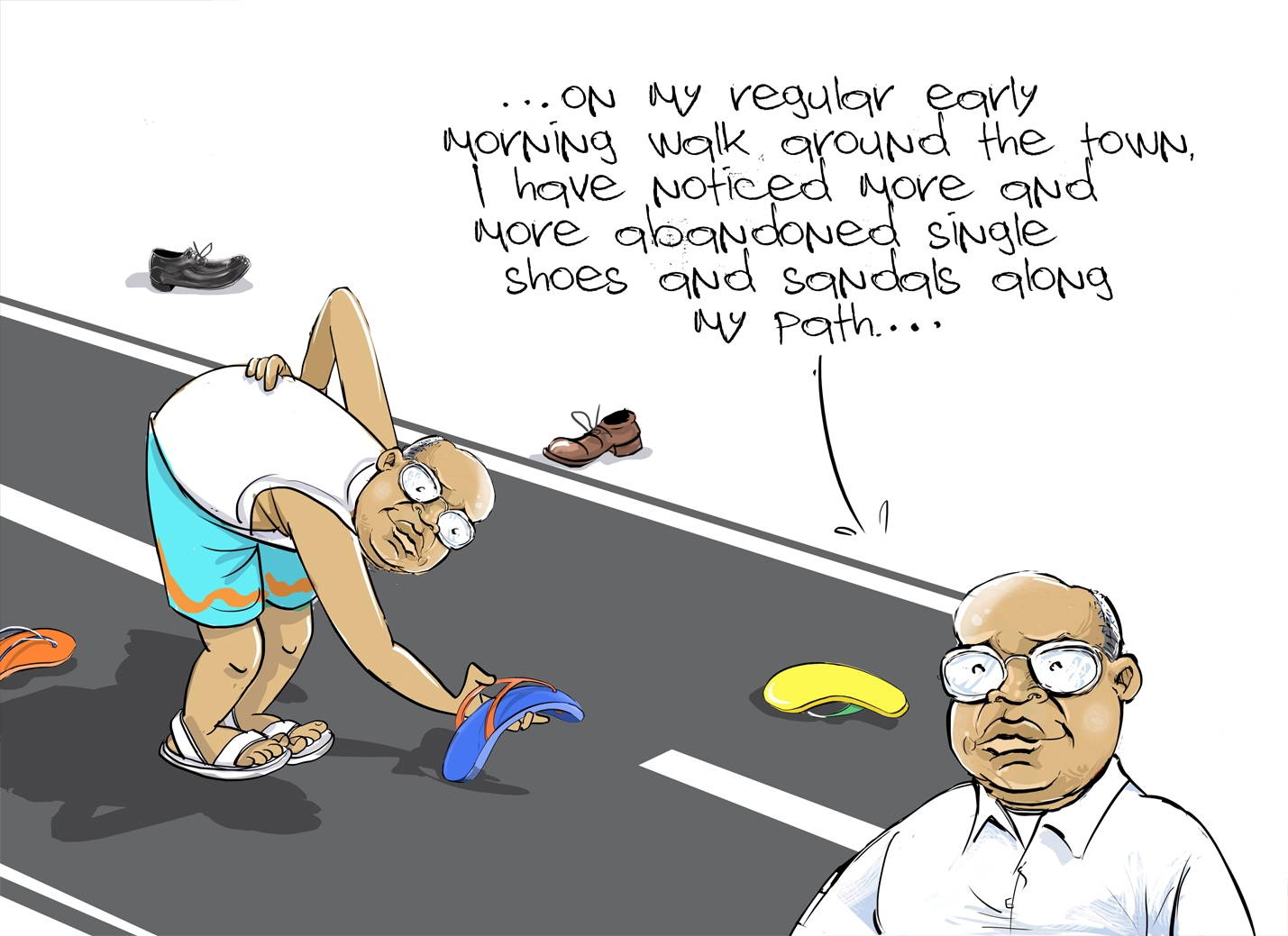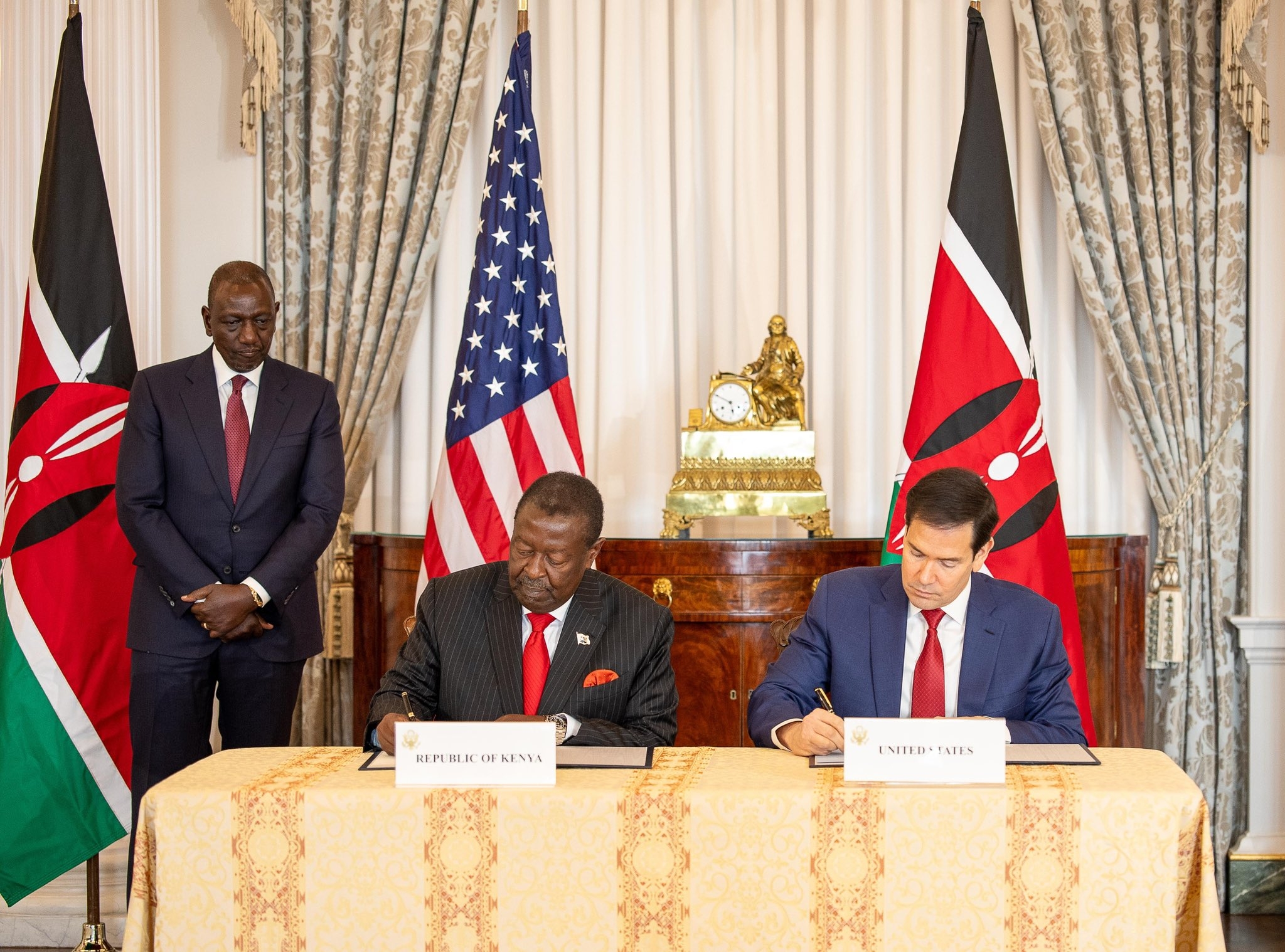What she thought was extreme blood loss due to menstruation turned out to be blood cancer, leukaemia.
Cancer was the last thing on her mind when her health started deteriorating. The regular headaches were just that, headaches.
For several weeks, Petronilla Naisiae, now 17, had been plagued with recurring headaches, tiredness and general ill-feeling.
She had visited the school sanatorium (at the time she was in Form 1) and been administered painkillers and antibiotics in three instances, but the headache, in particular, just did not go away.
Then came vomiting and nausea. It was so bad she passed out one afternoon. This was back in 2019.
When she woke up after collapsing in class, she was in hospital. Her state was far too bad to ignore.
Her eyes had turned yellow and were watery, and eating was equally a problem due to the loss of appetite.
The nurse was by her bedside, checking her vitals when she woke up.
“Your blood count is quite low,” she recalls the nurse saying. “You must be anaemic.”
This did not sound like a cause for alarm. Petronilla thought the doctors would mend her and it was just a matter of time before she was back to her feet.
“I actually thought that I had lost a lot of blood due to menstruation,” she narrates.
LIFE-CHANGING DIAGNOSIS
The nurse said they were taking some more tests and she would need to remain in hospital for the night as they monitor her state.
It was a normal Friday, sunny and clear, when the message was delivered.
“The doctor called it an anomaly in my blood and that I needed further testing to ascertain what it really was,” she recalls.
It was then that she thought things could be worse than she had actually thought. Her parents had been called and it was her mum who was taking care of her at the hospital.
By then, her stay had extended to a week, and despite medication, her condition was not any better, more so when she was off medication.
The actual meeting with the oncologist took place at Kenyatta National Hospital and was quite short. Her blood samples had been sent there earlier.
“First, he had my mum step out of the room, where I assume he told her what was going on. When he came back, he told me I had B-cell acute lymphoblastic leukaemia,” she says.
“I was in complete shock. I didn’t have much time to process the news. I remember thinking, ‘I am going to die’ and waiting for him to say, ‘It was a bad joke.’ However, those words never came out.”
Cancer to her was an adult’s disease. As a 14-year-old teenager, it certainly wasn’t even on her radar.
The doctor noted that her cancer was in Stage 2. She had to have blood transfusions due to low blood count if she was to at least be saved.
That Sunday marked the beginning of her new life, a life full of medication and characterised by pain.
“My mum, dad and older sister were devastated. My much younger sister was too young to fully comprehend what was happening,” she said.
The snap of a finger is how long it took for her perfectly normal life to come crumbling down. The new life was full of one struggle after another.
The doctors started chemotherapy immediately. For three weeks, she remained in hospital for the blood transfusion.
The family was further told that the lack of proper treatment facilities to treat her as an adolescent limited the treatment she could receive in the country.
“The doctors told me if I received an adult’s treatment protocol, my overall survival rate would drop significantly,” Petronilla says. “My best chance was India. We scouted and identified [a hospital].”
Luckily, the cost of treatment, which was set to be the biggest hindrance to her fighting chance, was ironed out with the availability of the secondary school medical cover, Edu-Afya.
The cover came in handy big time, she says. It was a silver lining to the hopeless state she had found herself in.
In April 2019, she and her mother were flown to India, where her oncologist confirmed she had a rare form of leukaemia, only documented in a handful of people worldwide.
“We were told that the first six months would be the hardest and we braced ourselves for what was to come,” Petronilla says.
Some 52 weeks of intense chemotherapy began almost immediately she got there.
“My oncologist consulted with the Kenyan doctors. They agreed to implement a nine-month intense chemotherapy protocol followed by and an 18-month maintenance treatment to try and suppress the cancer,” she says.
“I believe it was on my fifth day of being there, the day before my 15th birthday, that they placed my ports and did all my scans. After that, there was rarely ever a week where I didn’t receive some mix of treatment.”
Facing your own mortality much sooner than you expected challenges how you live your life from that point onwards
BODILY CHANGES
A few weeks into her treatment, her hair began to fall out.
“For me, the world was crumbling down and it was happening fast. I felt the smell of death in every breath I took,” she says.
Soon after, her appetite dropped tremendously. “I weighed 57kg when I was first taken to hospital, but I had drastically lost over 15kg two months after commencing treatment.”
Radiation was next on the list of torture. It lasted 30 days.
During that time, she recalls being at the weakest. She rode in a wheelchair to get anywhere, her fingernails, too, began to shed off.
“Most times I struggled with nausea and pain the most. I would get really bad mouth sores that prevented me from opening my mouth, let alone eating. Finally, maintenance was all I had left to get through.”
In February 2020, the doctors conducted a test after the completion of her chemo and radiation sessions.
By this time, the sessions had reduced her to a shell of her former self. She had been reduced to 40kg. Her chocolate skin tone was covered with burns and was darker.
The news after the test was something she had not heard in a long time, good news: The cancer had been suppressed and she was on the road to recovery.
On May 4, 2020, Petronilla returned to the country after remission from leukaemia with her family.
She is currently on medication as she keeps her fingers crossed, hoping to overcome relapse. This is when the cancer comes back after treatment.
“Support from people I love, even support from strangers, has impacted my life for the better, and it continues to help in my healing,” she said.
She missed a year and a half of school due to her treatment and found it difficult to return to her pre-cancer life.
“Facing your own mortality much sooner than you expected challenges how you live your life from that point onwards,” she said.
“Many of the things I had once considered important to me weren’t anymore, and the things that were now important to me were not necessarily on the minds of other people my age, so I often felt a lot older than my peers.”
Gradually, she learned to accept she would be different, but that she could still enjoy being young and having fun.
“I also struggled for many years to figure out my place in the world. The pressure of surviving made me want to live perfectly.”
Edited by T Jalio
















